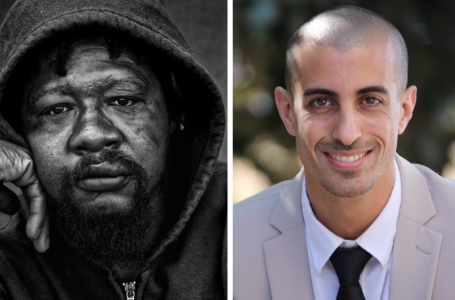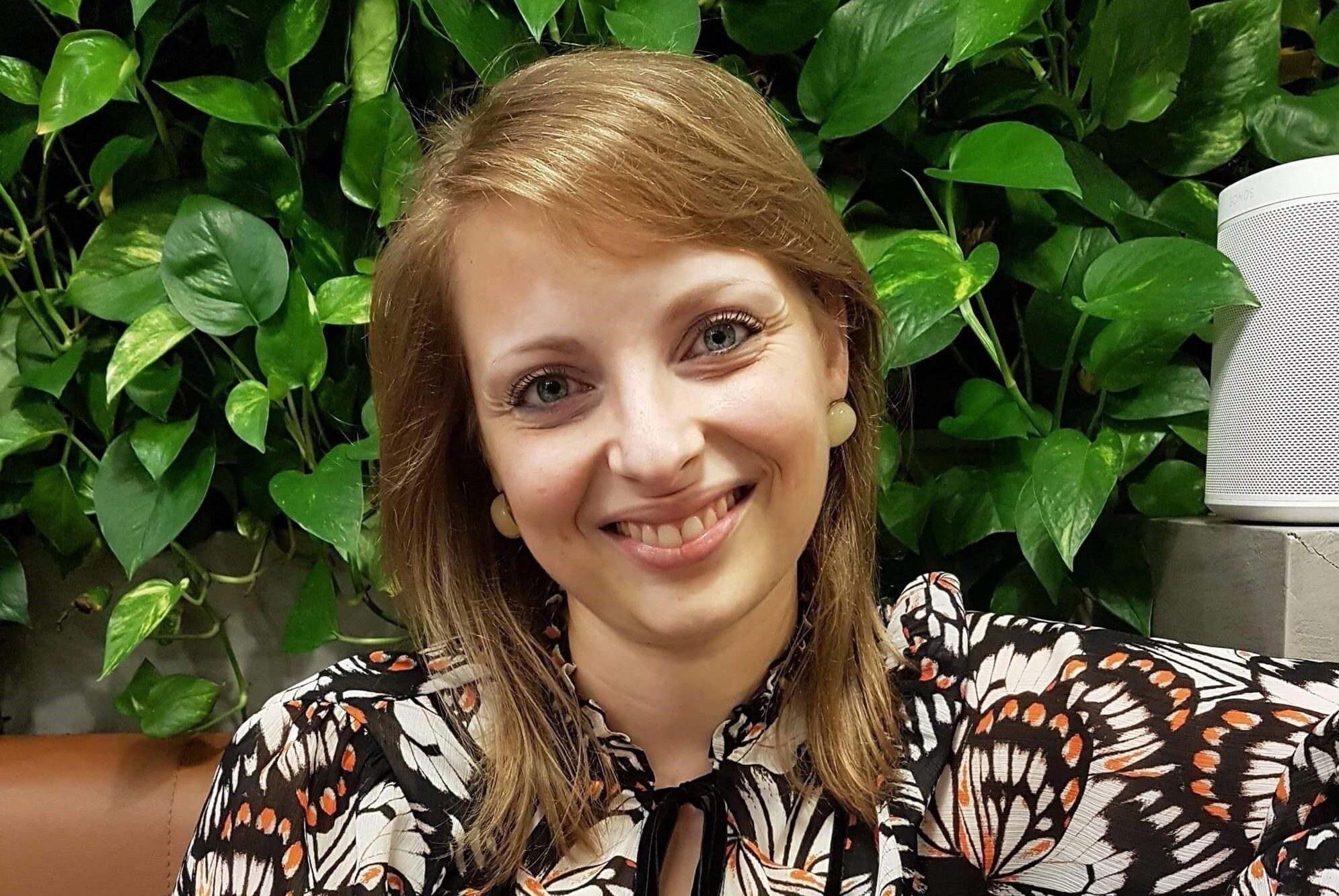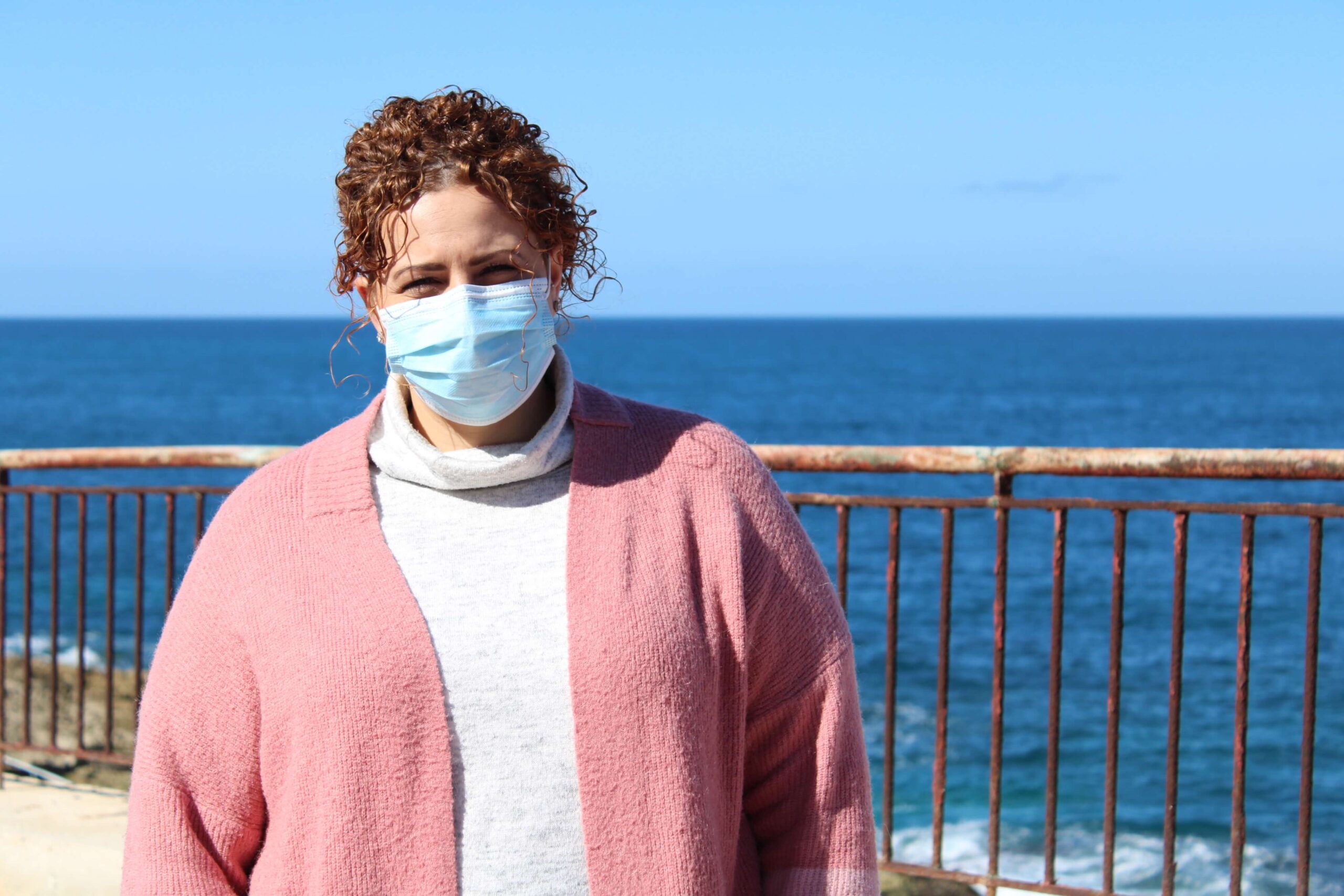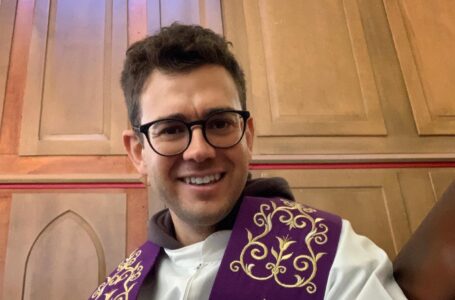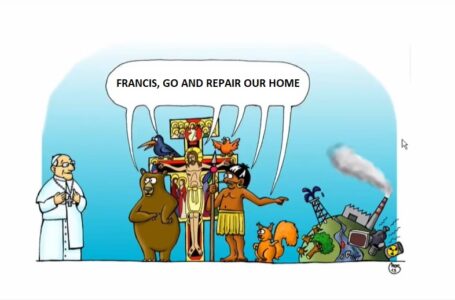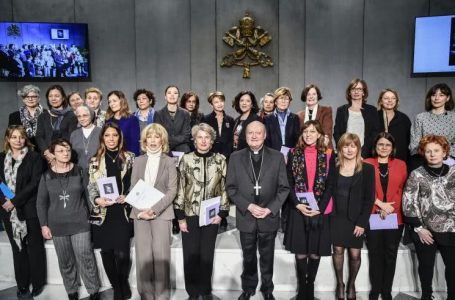Evaluation of the Church’s response to COVID-19 pandemic in Malta
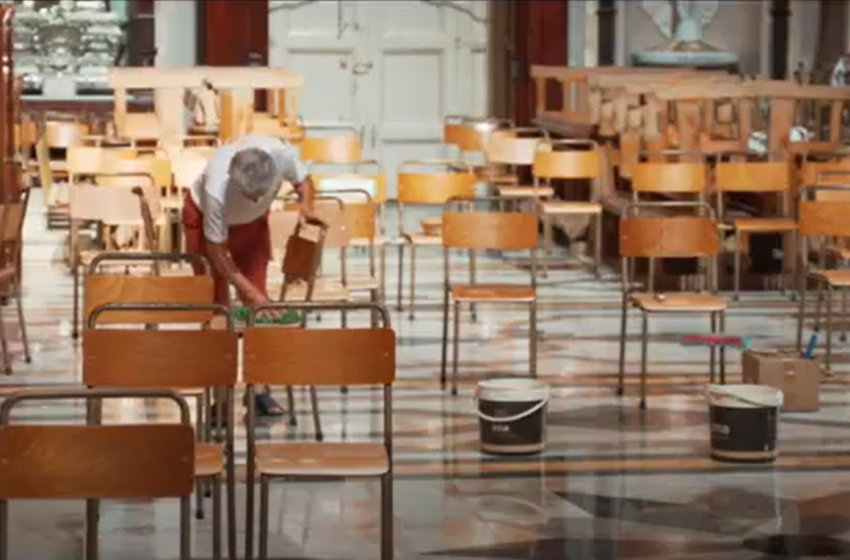
Youtube grab: Archdiocese of Malta
What is the Church in Malta doing during the COVID-19 pandemic? What can be improved? Evaluation of the Church’s response to COVID-19 pandemic in Malta.
Solidarity meals
One of the main initiatives taken by the Church in Malta during the COVID-19 pandemic is the provision of a meal a day to those who are most in need. Persons receiving these meals include the elderly, the homeless, persons with mental health issues, and families having a family member with a disability. These persons are facing added pressures.
Albert Debono, head of Diakonia Unit within CARITAS Malta explains that, during the peak of COVID-19 infections, up to 850 meals were distributed every day. Currently CARITAS is serving 70 meals every day. The Archbishop’s Curia asked the parish priests to identify the households and families who were in need in their parishes.
Food hampers
Persons who were facing serious financial difficulties, but who were still capable of preparing their own food, received food hampers. This was another initiative co-ordinated by CARITAS Malta and the Malta Trust Foundation. Virtù Ferries also participated in this initiative by donating a 40ft trailer of essential food items to CARITAS Malta for distribution to those in need.
Donations
Fr Andrea Zaffarese, the Archbishop’s Delegate for Work and Life in Parishes confirms that a number of parish priests also donated money from parish funds to help people in need. These donations were given to those who lost their job during the pandemic. Persons working on a reduced wage also benefited from these donations.
Retreat houses as alternative accommodation
Another initiative taken by the Church and several religious orders was to provide care to frontliners and their families. Retreat houses and similar facilities were converted into safe and comfortable accommodation for workers who could not live in their homes because of work.
Phone calls to parishioners
Fr Andrea also reports how almost half of the parish priests in Malta made regular phone calls to their parishioners. Volunteers and vulnerable people, who were already in contact with the parish, also received moral support. For many people, these months were an opportunity to re-evaluate relationships, and to become more compassionate towards others. Indeed, this time may have made us aware that people without family or friends, the seriously ill and the very poor, have faced similar hardships long before the COVID-19 pandemic started.
Spiritual services
On an individual level, priests still offered Confession and Holy Communion to those who asked. Other persons referred to spiritual direction services and pastoral counselling because they experienced increased pressures in relationships and families. These services were offered by priests and by the counselling services run by CARITAS. Due to the restrictions, some priests and counselors shifted to online platforms to offer pastoral accompaniment. Moerover, the Franciscan Capuchin friars offered their services to the hospitalised patients at Mater Dei hospital.
Online Holy Mass and Rosary
Holy mass and the Rosary were and are still being streamed online from the Archbishop’s Curia. They are transmitted on a daily basis, on the national TV station TVM2. Head of Media for the Archbishop’s Curia, Kevin Papagiorcopulo stated that hundreds follow this mass online, while thousands follow it on TV.
Domestic liturgy
The restrictions regarding the presence of the general public in the churches led to new opportunities of prayer and the celebration of liturgy within the homes. These included online lectio divina, the liturgy of the hours, and resources for families to pray with their children. On a diocesan level, the website Bekids.mt offered resources for Sunday readings, videos about lives of the saints, a Prayer Corner, and the quizzes: ‘Know Your Faith’. In addition to these, a number of parishes took other initiatives to provide the necessary preparations for the conferment of the sacraments of Confirmation and the First Holy Communion.
Moreover, many Catholics decided to contribute and reach out to others on their own initiative. These people are also acting as ‘Church’ even if they are not officially acting on behalf of the Church says Fr Andrea.
What can be improved
Much is being done. Yet there is always room for improvement. Fr Andrea explains that, unfortunately, services given by the Church are still not accessible enough to the people. Some people do not know about some of these services. This is especially true with persons who are not connected to any social platform of the Church.
Many parishes made a good effort to keep contact online for catechism classes and youth meetings. Yet, some parishes did not manage to offer such an alternative to children and adolescents; not even to those who were preparing to receive the sacraments of Confirmation and the First Holy Communion. Some parishes found it difficult to adapt when the old pattern was not working.
The restrictions imposed on funerals was another issue to reconsider. Many relatives of the deceased were hurt and disappointed because they could not have a proper funeral for their loved ones. In retrospect, there was no need to close the Churches completely had the necessary precautions been taken. So, according to Fr Andrea, this was an unnecessary pain in an already difficult circumstance.
Which is the way forward?
Fr Andrea Zaffarese reckons that this pandemic can be an opportunity for the Church to stop and reflect. Some organisational activities and structures need to be rethought. For example, the number of masses celebrated in the Archidiocese is unsustainable he says. Fr Andrea also questions the sustainability of structures within the Church which are run by volunteers. Most of these structures were set up when many women did not work outside the home. Moreover, the pensionable age was 60 rather than 65 years of age. Therefore more volunteers were available to help. These changes in society had an effect on the voluntary work and on the operations within the Church.
In the recent past, everyone within the locality knew each other. So there was no need for community building. However, nowadays within the parish, there are people coming from different villages and countries. People need to connect to create a sense of community and belonging within the Church. Thus, the Church needs to discover new ways of doing so says Fr Andrea.
If we have to stay indoors next winter
If we have to stay indoors again next winter the situation will be better. Most parishes have improved their ways of communicating with their parishioners. However, Fr Andrea explains that teamwork among different parish priests and co-ordination between the parishes and the central organisations of the Church can improve further. He explains that, at the beginning of next year, parish priests will be trained on the use of online resources. These should help the delivery of online catechism classes and communication within their community.
The Church tries to do whatever she can to help people in the circumstances of this pandemic. However, she cannot do everything. Sometimes we need to refer people to specialists in particular fields. The Richmond Foundation is such a service for people facing mental health issues. There are also other organisations that offer professional services. Fr Andrea concluded that the important thing for the Church, as it carries out its mission, is that whoever needs help finds a caring presence and genuine guidance.
Read more:
– “I’ve Hit Rock Bottom” – Getting the Basics Right to Get out of Rock Bottom
– Corona Virus Poem – Feeling Proud
